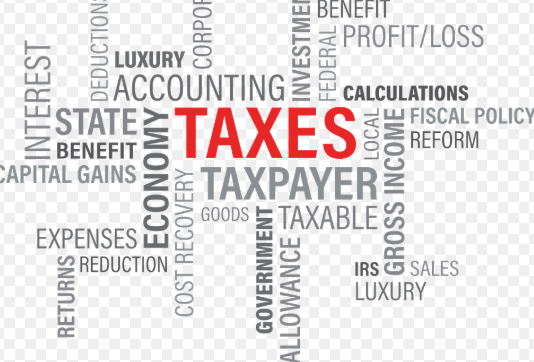Ways Small Business Owners Can Lower Their Taxes : Part 2 of 2

By Debbie Gregory.
In the first part of this article, we discussed smart tax deductions, carryover deductions, changing your business structure, keeping a close eye on your Adjusted Gross Income (AGI), as well as tax-free ways to get money out of your business.
This second part will covert five more ways to lower your business taxes including abandoning rather than selling property, accountable plans for your employees, fringe benefits, retirement plans, and smart year-end tax planning.
More Ways to Lower Your Taxes:
6.) Abandon Property Instead of Selling It:
If you own a property that has no value to the business, you may wish to consider abandoning it rather than selling it for a nominal amount. Doing so could allow your business to take a loss on the property, that is fully deductible, rather than treating the loss as a capital loss, which is subject to limitations.
7.) Use Accountable Plans:
Accountable Plans allow you to reimburse your employees for such items as travel, entertainment, tools, or other costs and then deduct the expenses but not report the reimbursements as income to employees. This can potentially save your company money in employment taxes which will overall lower your business taxable income..
8.) Take Advantage of Fringe Benefits:
Paying employees more will increase your costs your business employment tax. However, if the business pays for certain fringe benefits for employees, these taxes can be avoided, which reduces your overall taxable income.
These types of tax-exempt benefits include:
- Educational assistance
- Transportation benefits
- Meals provided for employee convenience
- Health benefits
- Long-term care insurance
- Group term life insurance
- Disability insurance
- Dependent care assistance
9.) Shelter Profits in Retirement Plans:
A 401(k) or a similar tax-deferred retirement plan is easy to setup, you don’t pay taxes on the contributions, and the savings grow on a tax-deferred basis. These types of plans not only allow you to save money on taxes, they help incentivize your employees, and it also shifts most or all of the cost of savings to the employees while giving them choice and flexibility in planning for retirement, instead of a defined benefit pension plan where more of the burdens are on the employer. Employer contributions to an employee retirement plan are also tax deductible and you may qualify for a tax credit for setting up your employee retirement plan in the first place.
10.) Smart Year-End Tax Planning:
Planning for your taxes should be a year-round activity for a business. You can achieve dramatic savings by taking certain actions towards the end of the year including:
- Delaying billing for work done late in the year so that payment will be received in the following year
- Purchase fixed assets and claim a portion of depreciation immediately
- Revalue the assets that are already listed on your books for their depreciation value
- If you have a customer who is not paying, you might be able to write this off as an uncollected debt, also known as a Bad Debt Deduction
- Make sure to have your taxes filed and submitted on time
DISCLAIMER: We have done a lot of research on all of the ways covered in this two part series to bring to your attention that may save taxes for your small business, but we are not professionals. We strongly recommend that before you take any actions, that you consult your own licensed tax professional. It is always best to seek professional assistance if you have questions about taxes or their implication on your specific business. Working with a professional also provides you better opportunities to find and take advantage of legitimate tax breaks and opportunities to lower the amount of taxes that you pay.











